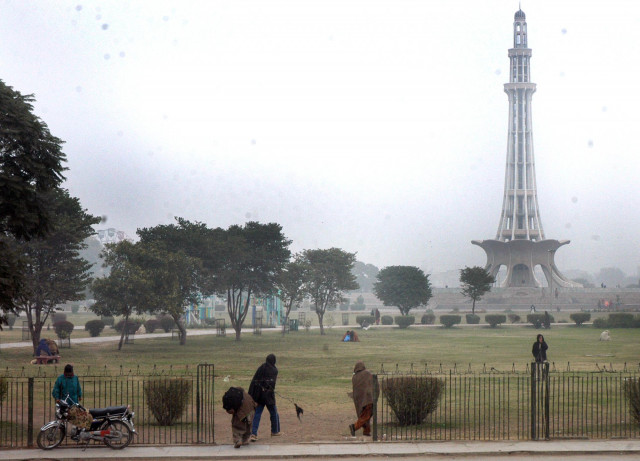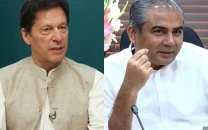Local Government Bill nullifies district autonomy
Experts say the new bill would retain political, financial, and administrative power with the central government

In a democracy, the sole purpose of having a local government system is to decentralize power to the district level, in order to ensure that the day-to-day grievances of the public are heard and resolved in an efficient manner by the people who have earned their trust and vote. All this is rendered null and void by the Local Government Bill, 2025, which is little more than a façade of representation.
After nearly ten years, preparations for local government elections are underway once again in Punjab, where following the formation of the PML-N government, the Local Government Bill 2025 was proposed. After the approval of the bill, the Local Government Bill was sent to the Standing Committee and is currently awaiting approval from the Punjab Assembly.
The Local Government Bill 2025 will abolish the district council, replacing it with a district authority, with the Deputy Commissioner of each district serving as the Chairman. The District Executive Board will have the chief executive officers of all departments as secretaries and the heads of all departments including the District Health Department, Education Department, Social Welfare Department, Population Control, Sports, Transport, Civil Defense, Public Health Engineering, Arts and Culture and Tourism Department as members.
According to Salman Abid, a political affairs expert, Article 140A of the Constitution binds the provincial government to transfer political, administrative and financial powers to the elected representatives of the people therefore, the newly proposed Local Government Bill 2025, does not introduce a local government system but a municipality system.
“The government has abolished the district council and has limited the system to the municipal corporation, municipal committee, tehsil council and town corporation. Interestingly, although all the powers of the district will be under the Deputy Commissioner, it should also be kept in mind that the Deputy Commissioner is under the control of the Chief Minister, who will ultimately hold the reins of power. Furthermore, the election of the Chairman, Vice Chairman, Mayor and Deputy Mayor will not be direct but will be in the House. Only through direct elections can the people choose their local leadership transparently,” highlighted Abid.
Similarly, Qazi Mubin, a leading legal expert on the local government system in Pakistan, revealed that municipal committees, municipal corporations or tehsil councils had no mention in the Constitution. “Therefore, the principles of forming the local government have been ignored in this new proposed law. If the formula for the distribution of administrative and financial powers is run by the bureaucracy instead of elected representatives of the people, then it negates the autonomy of local governments,” explained Mubin.
On the other hand, PTI Lahore President and MPA Imtiaz Sheikh opined that the proposed bill was the worst bill in the history of Pakistan. “The Constitution demands that financial and political powers be given to the district governments. All members present in the meeting of the Standing Committee have also opposed this bill. Under the local system, powers are to be given to the lower governments, but here, these powers have been taken from them and given to the center,” criticized Sheikh.
Commenting on behalf of his party, Speaker of the Punjab Assembly, Malik Ahmed Khan claimed that all political parties were asked to sit together and prepare this bill to ensure that there was no objection from the opposition. “In the past, the local government system was suspended during the PTI government because they did not want to continue the system of the PML-N. But now the government has once again prepared the Local Government Bill 2025,” said Khan.



















COMMENTS
Comments are moderated and generally will be posted if they are on-topic and not abusive.
For more information, please see our Comments FAQ